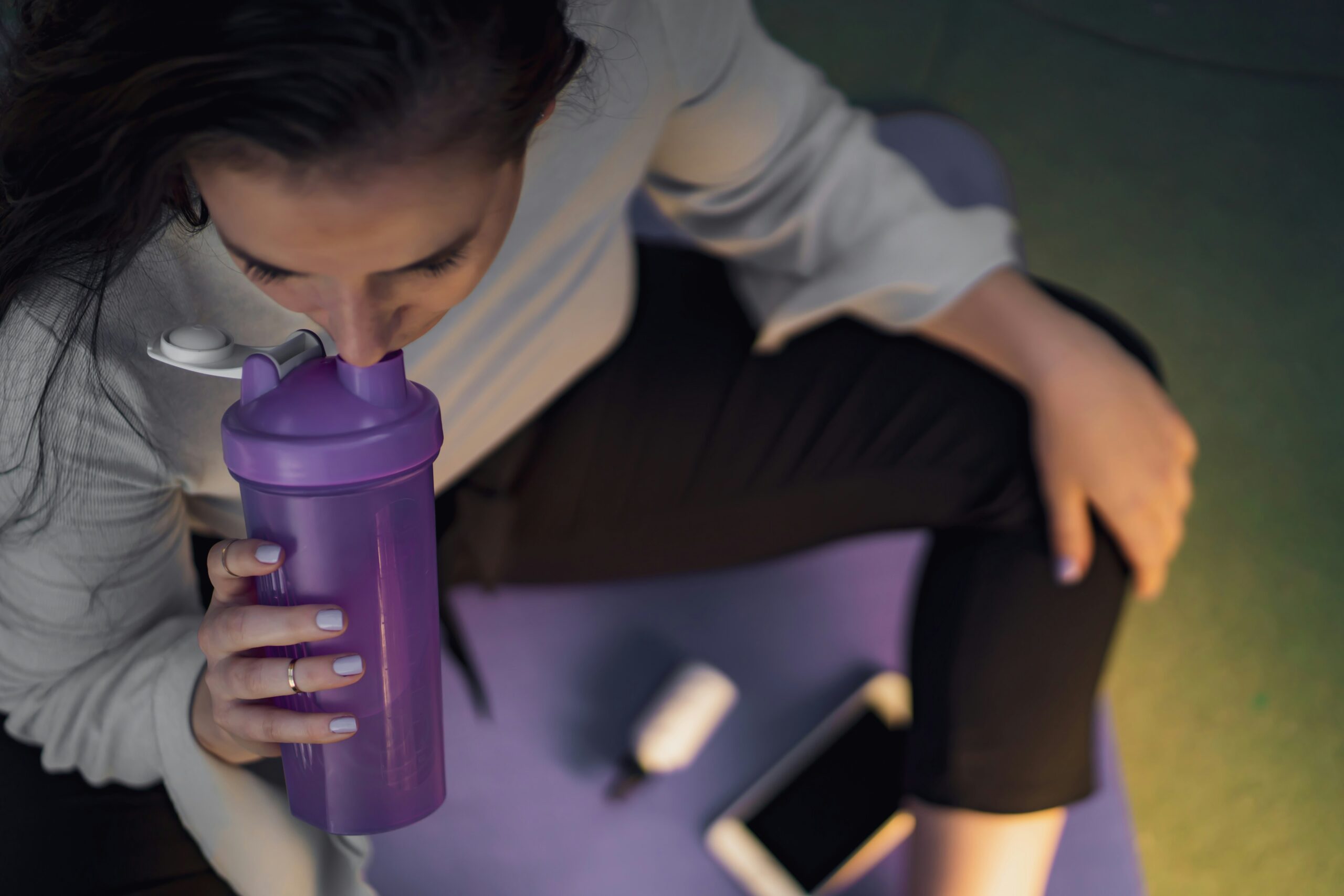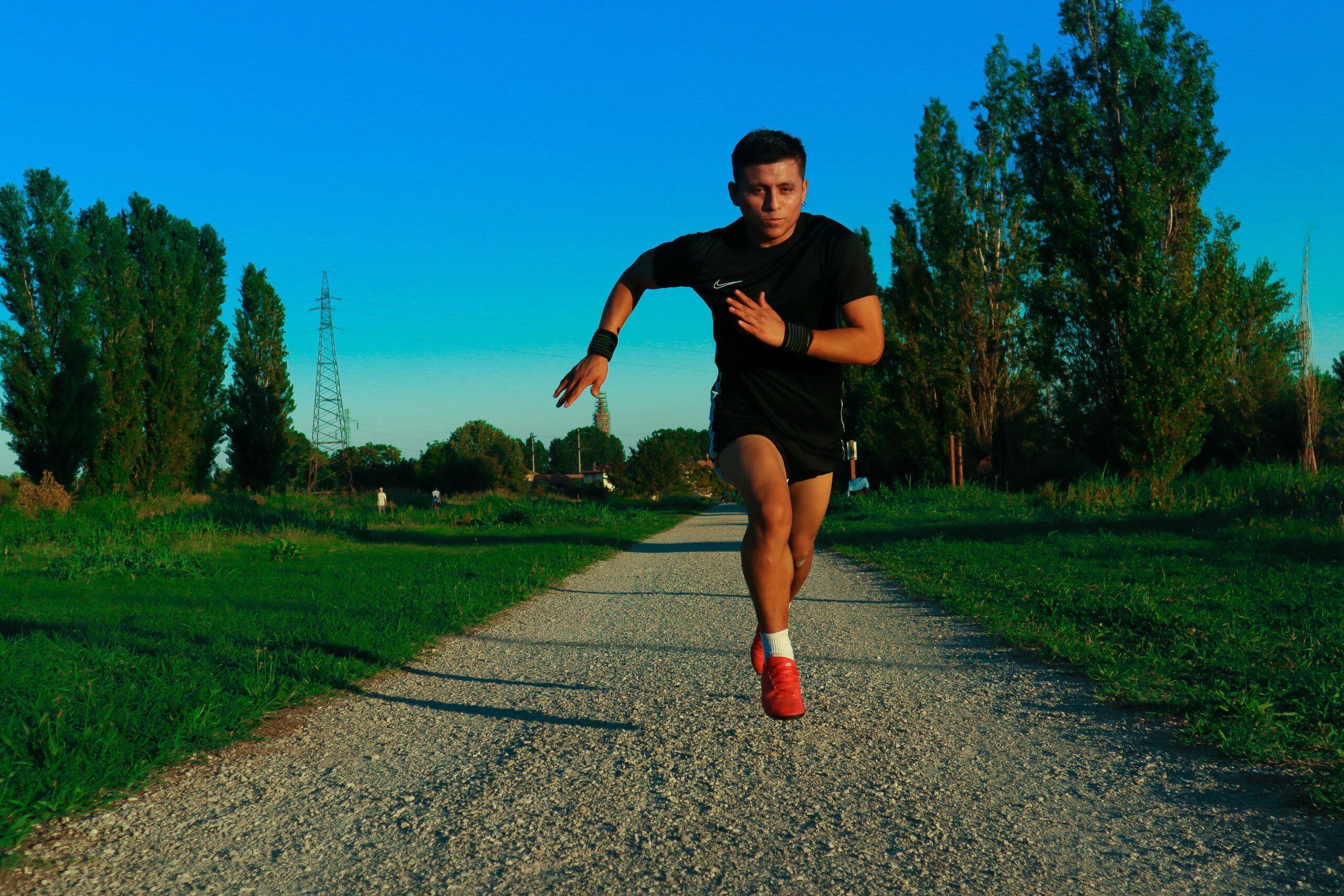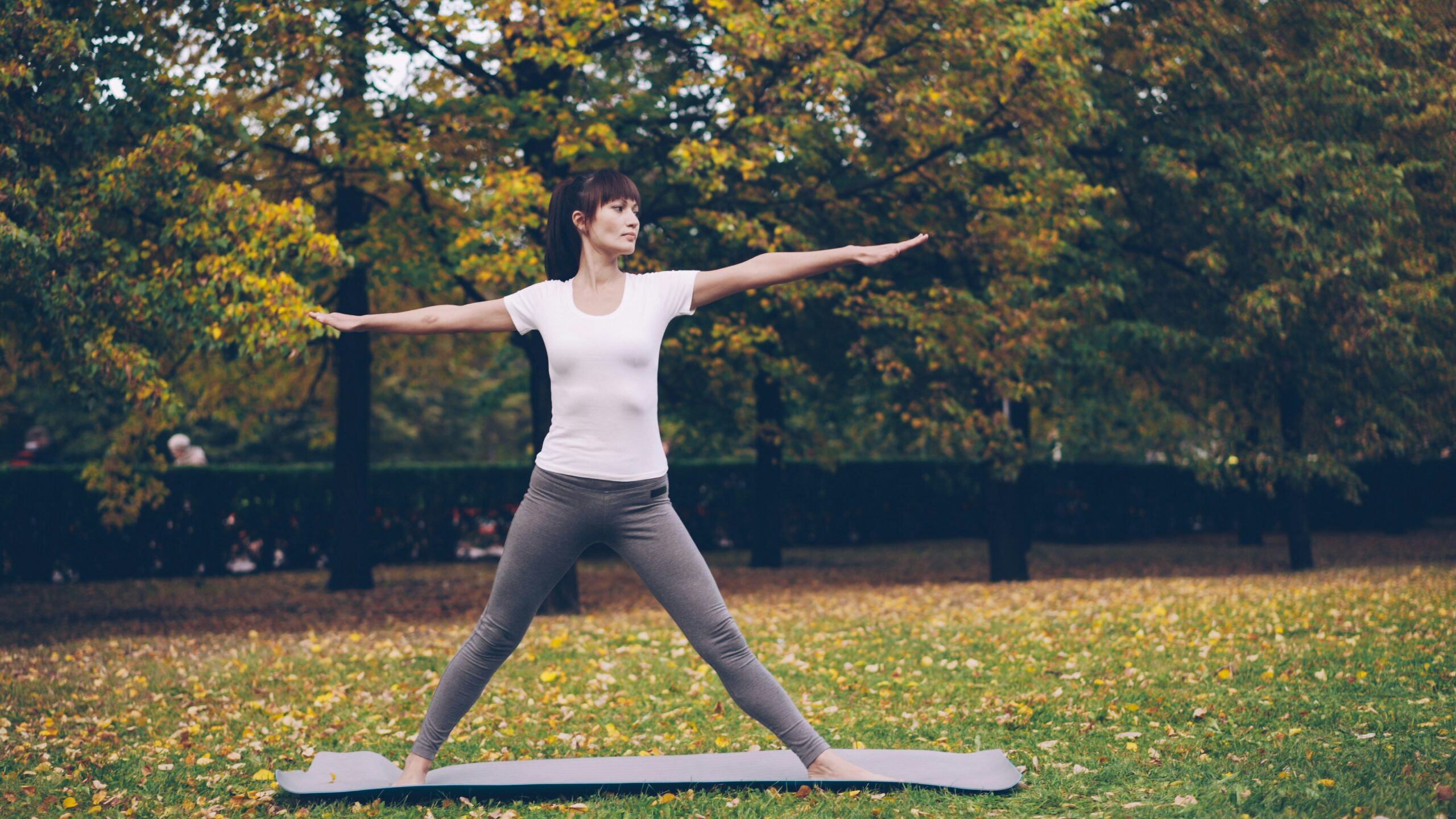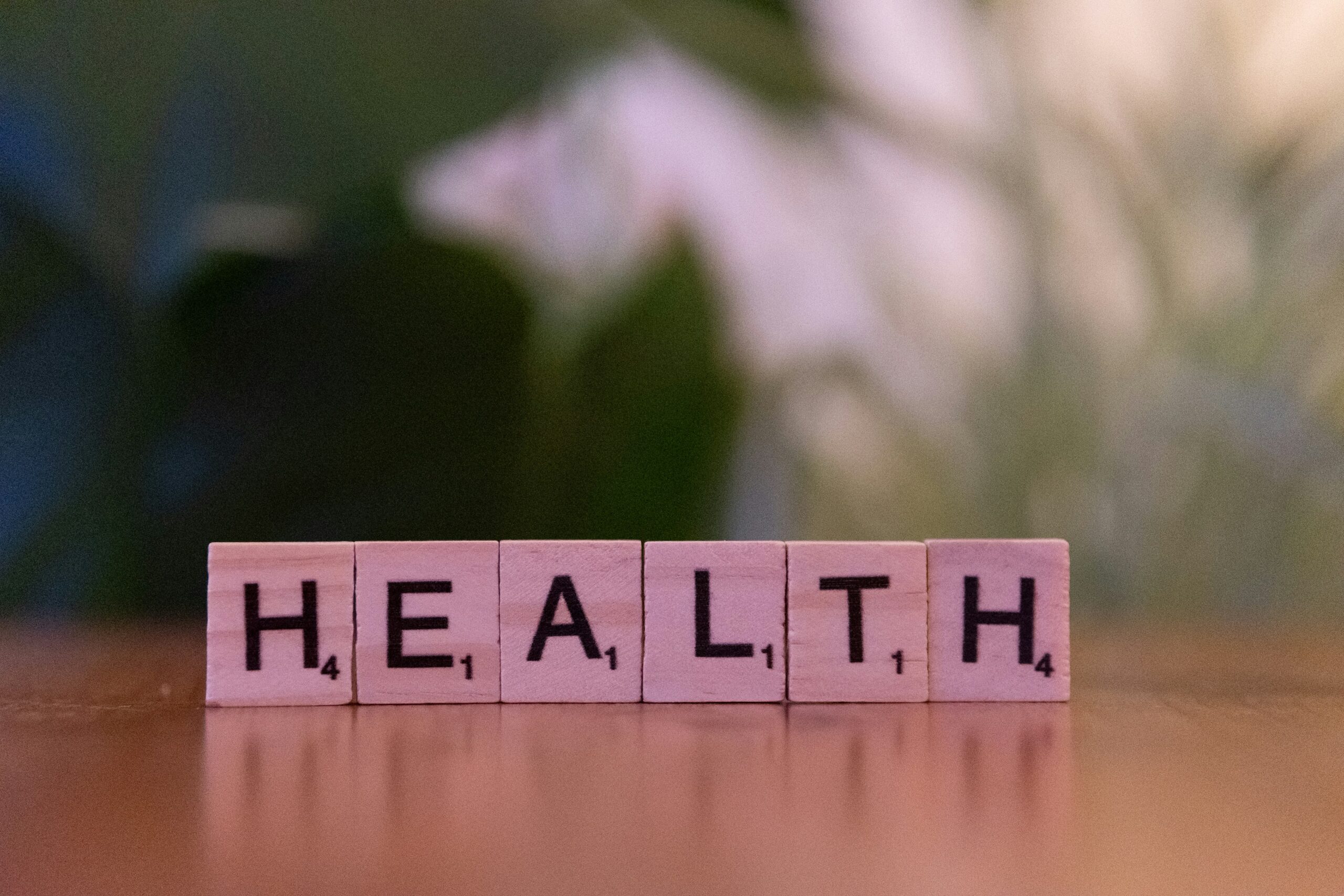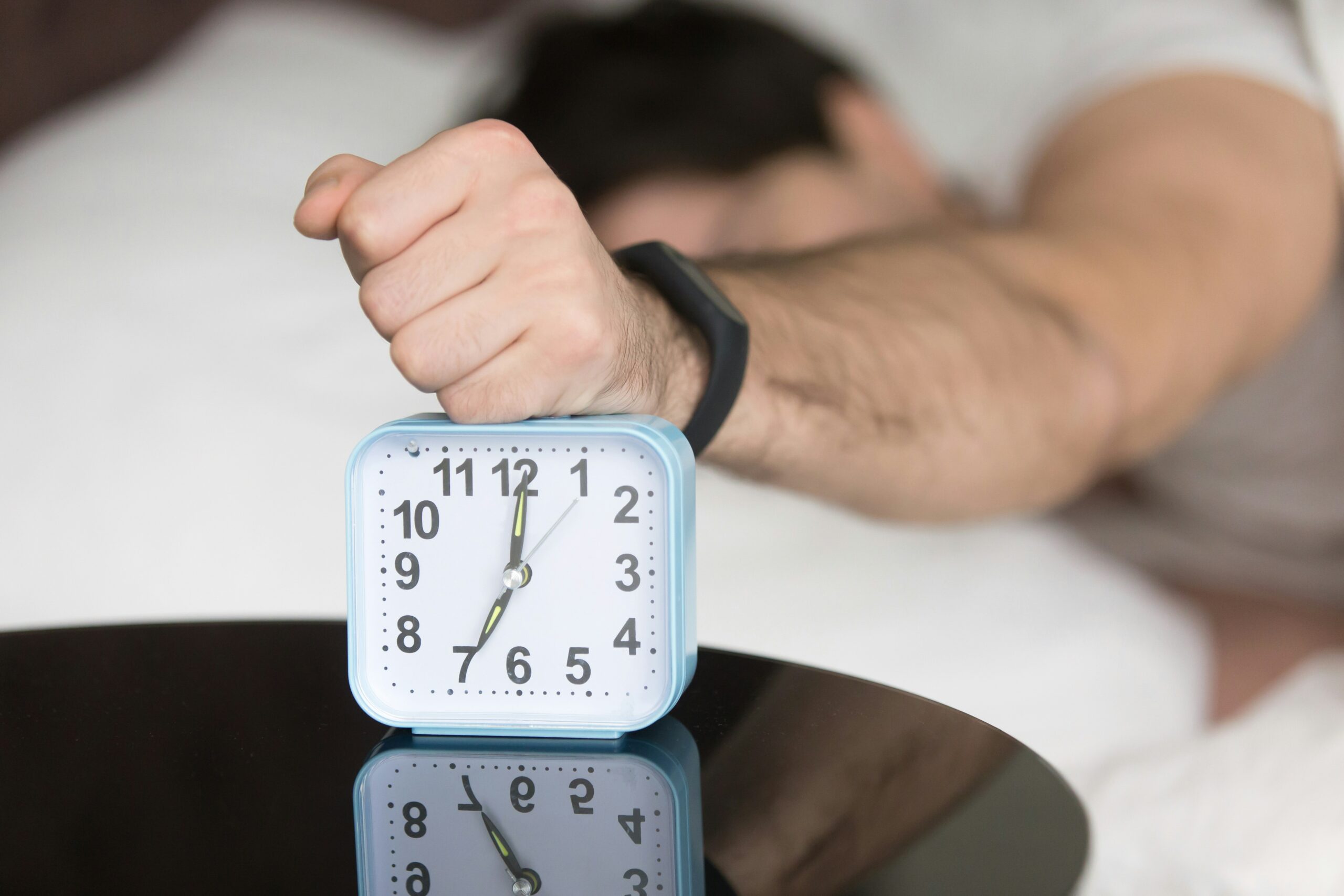Health Hack: 5 Powerful Ways a Digital Detox Boosts Sleep & Resets Your Circadian Rhythm
Introduction
In today’s hyper-connected world, the average person stares at the screen for more than 7 hours a day, from smartphones and laptops to TVs and tablets. While technology has revolutionized how we work, learn, and connect, it also vandalizes one of the most basic pillars of health: sleep.
Sleep is not just about feeling relaxed. It is a biological requirement that affects everything from brain function and emotional stability to immunity and long-term disease risk. And your circadian rhythm lies in the heart of this delicate system body’s internal 24-hour clock, controlled by feeling awake, tired, hungry.But here’s the shocking truth: your equipment interferes with this rhythm. Blue light from the screen, constant alert, and endless rolls throw the natural cycles in your body into chaos.
Table of Contents
1. It Reduces Blue Light Exposure — The #1 Sleep Saboteur
Let’s start with the maximum nicely-documented wrongdoer: blue mild. Electronic monitors emit an excessive concentration of blue light, a type of short-wavelength light that mimics sunlight hours. During the day, blue light is beneficial — it boosts interest, temper, and response instances. But at nighttime? It sends a dangerous message to your mind: “It’s still daytime. Stay wide awake.”
Here’s how it works:
When your eyes stumble on blue light, your suprachiasmatic nucleus (the mind’s grasp clock) suppresses the production of melatonin, the hormone that indicates it’s time to sleep. Even 30 minutes of display screen time earlier than bedtime can put off melatonin release by means of as much as ninety minutes — robbing you of deep, restorative sleep.
A virtual detox — in particular a screen curfew 60–ninety minutes before bedtime — lets your body obviously produce melatonin. Studies show that folks who avoid monitors in the evening doze off quickly, enjoy fewer midnight awakenings, and report better sleep satisfaction.
Pro Tip: If you ought to use devices at night, allow “night time mode” or wear blue-mild-blockading glasses. But nothing beats turning off the screen altogether.
2. It Calms Your Nervous System and Reduces Mental Overload
Have you ever put on the bed, closed your eyes, but the last e-post, social media drama, or news warning with ideas? You are not alone. The continuous flow of digital information keeps your sympathetic nervous system, “fight or flight” response stays in a state of NIMN class. This chronic stress card isolates the stress hormone, which should be suppressed naturally at night. But with the use of a late evening screen, cortisol is still high, making it difficult to relax and sleep.
A digital detox creates a mental buffer zone between your day and your sleep. When you disconnect, your brain becomes a parasympathetic condition – “rest and digest” mode. This infection is required:
Lower heart rate, Breathe, Bodies.
Try it: Change screen time with a digital detox ritual – reading, journaling, meditation, or drinking herbal tea. These activities indicate safety for your brain and pave the way for deep, more comfortable sleep. One study found that participants who were engaged in a 1-hour screen-free winding-down routine reported 40% less concern and improvement at the beginning of sleep in just a week.
3. It Helps Reset Your Circadian Rhythm Naturally
Your circadian rhythm isn’t pretty much sleep — it governs hormone launch, body temperature, digestion, and even gene expression. When it’s disrupted, your complete health atmosphere suffers. But here’s the lovely component: your circadian rhythm is highly conscious of environmental cues — in particular, light and darkness.
By eliminating synthetic mild from screens at night, you supply your body a clear signal: “Darkness is right here. Time to sleep.” Over time, this consistency facilitates entraining your internal clock, making you feel certain sleepy at the same time each night and waking up refreshed in the morning — without needing an alarm.
Bonus: Combine your digital detox with morning sunlight exposure (even 10–15 minutes). This reinforces the rhythm with the aid of telling your brain, “The Day has started.” The result? A more potent, extra resilient circadian cycle that supports the most fulfilling fitness, strength, and attention.
4. It Breaks the Cycle of Emotional and Mindless Screen Use
Let’s be honest: a lot of us don’t use our phones before bed because we need to. We do it out of dependency, boredom, or emotional avoidance. You finish work. You feel stressed. Instead of processing your emotions, you pick up your phone. One TikTok results in ten. One YouTube video becomes an hour-long rabbit hollow. Before you realize it, it’s 1 a.m., and you’re extensively unsleeping — and frustrated.
This sample is called emotional display screen dependency, and it’s a major barrier to good sleep. A virtual detox interrupts this cycle by way of forcing you to reconnect with yourself. When you remove the screen, you create space for:
Self-mirrored image, Emotional processing, Mindfulness.
You may discover that you’ve been the usage of displays to numb stress, loneliness, or tension. A detox facilitates you to face those feelings head-on — and in a healthful way. Over time, this emotional consciousness leads to higher sleep hygiene and improved mental health.
5. It Improves Sleep Quality — and That Transforms Your Entire Life
Let’s talk about the final price: deep, restorative sleep. When you are constantly practicing a digital detox, you are not just sleeping quickly – you improve your sleep quality. especially:
More time in deep sleep (important for physical improvement), REM sleep (required for memory and emotional regulation), and low night powers.
And the wave effect on your health is deep:
Sharp focus and productivity, Strong immune function, Better mood, and less concern.
Healthy weight management (poor sleep is associated with increased appetite hormones).Low risk of chronic diseases such as diabetes, heart disease, and Alzheimer’s.A historical study found that adults who reduced their screen time before the bed experienced an improvement of 23% in their energy level during the day and a 30% reduction in symptoms of depression of six weeks. Sleep is not a luxury. This is the basis for health. And a digital detox is one of the most effective ways to restore it.
How to Start Your Digital Detox (Simple, Sustainable Steps)
You don’t have to go to the cold turkey. Start a little and build stability. Here’s a 7-day digital detox challenge to reset your rhythm:
night digital curfew
Set a time (eg, 20:30) to reduce all non-essential equipment. Use a smart speaker or traditional alarm clock instead of your phone.
Create a screen-free bedroom
Remove TV, laptops, and chargers. If you use your phone as an alarm, turn on “Do not disturb” and hold it with the front down throughout the room.
Change screen time with healing habits
Try: Reading a physical book, Gentle stretch, Gratitude, Cool music or a podcast listening (with blue light).
Morning light risk
Within 30 minutes after waking up, you can get 10-15 minutes of natural sunlight. Only you and the sky.
Use app boundaries and spare Sport time
Enable built-in tools (iOS screen time, Android Digital Wellbeing) to determine the daily limit of social media and entertainment apps.
Large Picture: Digital Detox as a Health Revolution
It’s not just about better sleep. A digital detox is a radical form of self-care in a world that glorifies busyness and burnout. This is a statement that your health means more than equal, notice, or infinite rolling. And profit from time connections. Better sleep is better decisions – healthy foods, more movement, and strong conditions. You become more topical, more creative, more human.
Think of your circadian rhythm as a garden. It enjoys rhythm, sunlight, and care. But frequent digital noise? It is dumping concrete on the earth. A digital detox removes dislocation and lets your natural cycles bloom.
Final Rating: Receive your health, one night at a time
In search of optimal health, we often ignore the simplest solutions. We chase superfoods, supplements, and fitness trends — while ignoring the one thing that powers it all: sleep. And sleep begins with darkness. With silence. With disconnection.
A digital detox isn’t about rejecting technology. It’s about using it with intention — so it serves you, not controls you. Start tonight. Put the phone down. Light a candle. Breathe. Let your body remember what it means to rest. Because when you reset your circadian rhythm, you don’t just improve your sleep. You reclaim your energy, your clarity, and your life. That’s not just a health hack. That’s a health revolution.
1. How does a digital detox improve sleep quality?
Reducing screen time, especially before bed, lowers blue light exposure, which helps your brain produce melatonin naturally and improves sleep onset and depth.
2. How long should a digital detox be for better sleep?
Even 30–60 minutes of screen-free time before bed can reset your circadian rhythm. For deeper benefits, try a full evening or weekend detox.
3. Can a digital detox help with insomnia?
Yes—by reducing mental stimulation and blue light, a digital detox can calm the nervous system and support healthier sleep patterns over time.



